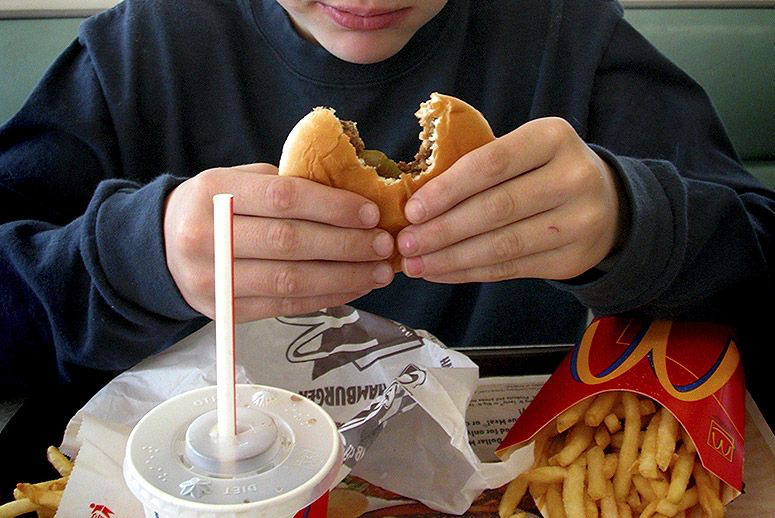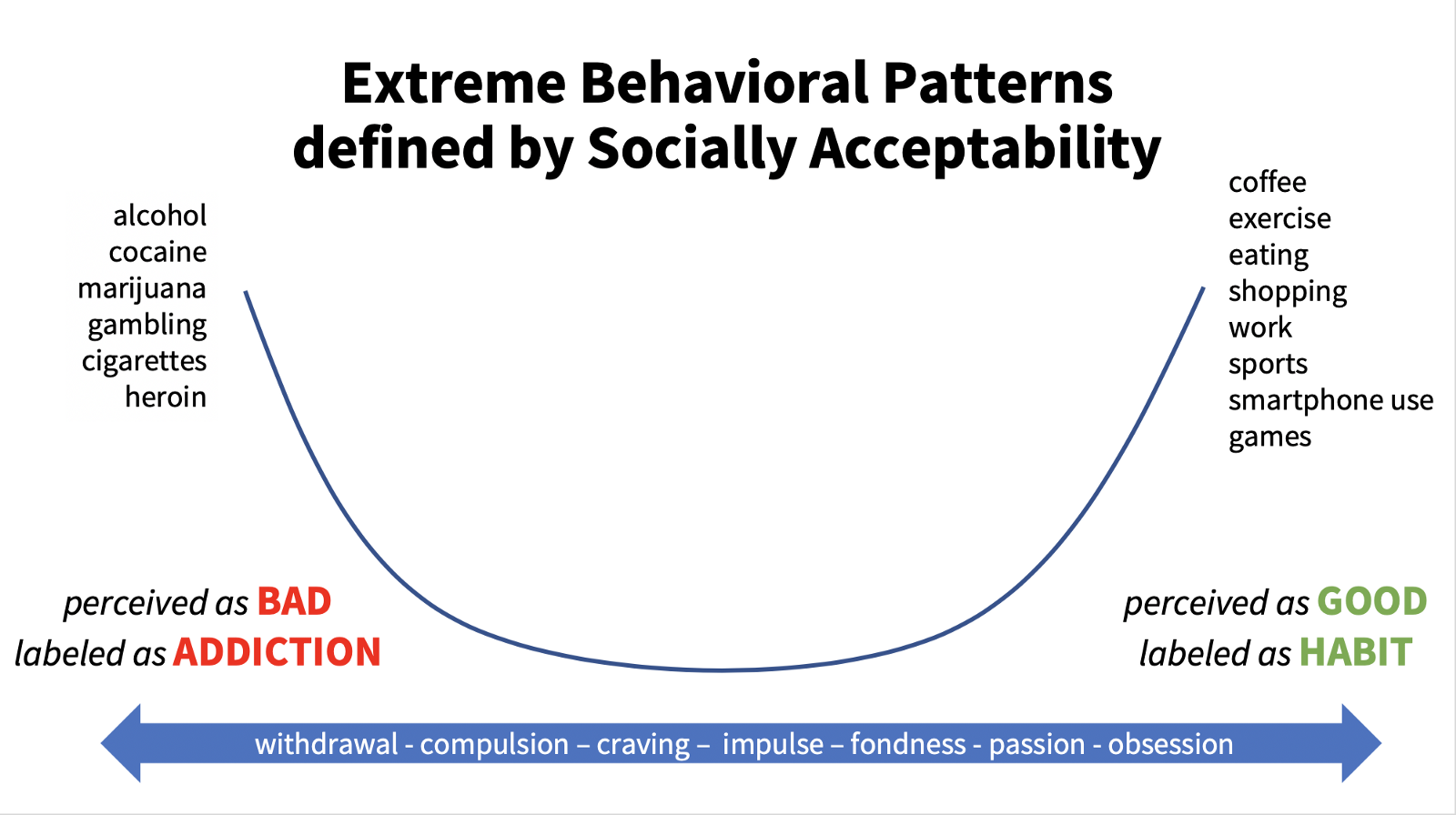As a child I loved McDonalds. My craving was beyond occasional happy meals but an intense desire and craving for double cheeseburgers. Days without 2 double cheeseburgers, a large fries and XL root beer to wash it down felt like going outside in the winter without a coat. The euphoric feeling of eating McDonalds was so strong I would use my school lunch allowance to ensure I could afford my daily fix of Micky D’s.
My mind was mesmerized by McDonalds. After each meal I was thinking when would be my next, which at one point, had me ramp up to 2 visits a day. I can remember begging my parents until they would bring me. And when they wouldn’t I would skip school and riding my bike just to get my meal I couldn’t live without. My urge for McDonalds grew to became a twice daily routine. I was addicted to McDonalds.

Excess of Anything can be Dangerous
When we think about eating we never associate it with addiction. We typically think drugs, gambling, and alcohol. But why does the “addiction” label get attached to only substances and behaviors that are perceived as bad, illegal or dangerous? Can addiction gets applied to positive and routinely performed behaviors such as exercise, eating, running, working or meditating?
- What makes an addiction good or bad?
- What is the difference between a drug habit and energy drink habit when both have bad long-term consequences?
- Why do we think excessive drugs are abused but burying our heads in cell phones is productivity? Why is excessive work hours OK (which leads to depression, burn-out) when excessively gambling is not?
Addictions, extreme behavioral patterns, are perceived as OK based on the level of social acceptability.

An Addiction is the same thing as Habit
Although addiction is a controversial term with negative connotations but believe the focus on addiction has been occluded by socially built expectations of what is believed to be ‘good’ or ‘bad’. What separates an addiction from a habit? What makes excessive work patterns (burnout) or obsession for healthy eating (orthorexia) justifiable when they result in negative outcomes as well? While certain addictive behaviors (e.g., heroin) have short time periods for negative consequences, any behavior in excess can produce negative health outcomes.
The Positive Side to “Addictive” Behaviors
Anyone who has tried to change and sustain a new behavior knows it is not easy. Most people fail. My personal goal has been closing this gap in the real world. The solution for sustainable change requires building behavioral addictions. In other words, building behaviors that when gone without performing them, you simply don’t feel good. For example, my exercise addiction is so baked into my life when I go 2-3 days without exercise or a run, I “feel off” and can see noticeable shifts in my productivity.
To create long-term behavior change we can addictive tendencies around behavior we want to sustain. For example, clients used to come to me to develop exercise and healthy eating habits when most typically hated exercise or the effort involved in healthy eating. My goal was to create behavioral addictions, where when they were going without exercise or eating healthy they felt “off”.
The Take Aways…
- Addictions are simply just labels (they are no different then habit)
- All behaviors performed in excess will have negative consequences (some faster than others)
- The defining feature of addiction is the unsettling feelings when you are unable to perform the behavior over a period of time. (e.g., if I don’t have my morning coffee, if I go 2 days without exercise)
- Adding the ‘addictive’ force to behaviors can help sustain change, by creating an emotional connection to the behavior where you feel less stable without it.






